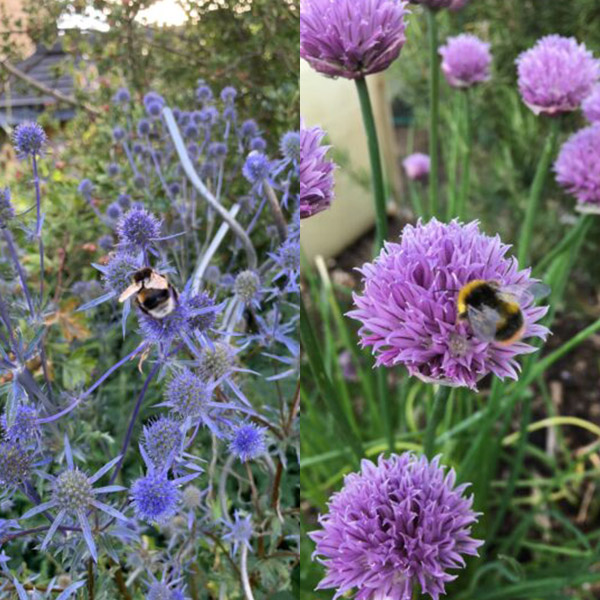
Double click video for full screen view.
It’s that time of year again when we’re encouraged to leave our lawns to grow a little longer. Especially if you have a healthy population of wildflowers coming through such as dandelions, daisies, and buttercups, if you leave them alone they’ll feed a whole host of pollinators. This is popularly known as ‘No Mow May’ This is also the time when if you have other areas of wildflowers they are at the height of their floral display and most abundant in pollen and nectar.
May 20th is World Bee Day, where across the world, in different time zones, Beekeeping events are held to teach people about the importance of bees and the threats that they are constantly under. These threats are numerous, but some of the worst are from pesticides and the destruction of their habitat, and in particular, the loss of the wildflower meadows. In the UK alone, 97% of our wildflower meadows have disappeared since the 1930s.
Bees and other pollinators are fundamental for the health of ecosystems and food security. They help maintain biodiversity and in many cases aid in food production. A single bee makes approximately 1 and a half teaspoons of honey in its short life span. This honey is used to feed the queen, the colony, and the young developing larvae. This is why if you see one, they generally do not want to bother you as they wouldn’t want to waste their energy attacking you unless you were being particularly intrusive.
It’s easy to imagine that our small back gardens are insignificant to nature, but it couldn’t be further from the truth. Research has shown that pollination in crops is greater near urban areas because our gardens provide so much rich habitat for bees and other pollinators. British Gardens cover over 1mn acres, which is greater than all UK nature reserves combined, so what we do in our gardens does make a difference and they can provide an invaluable refuge for all manner of pollinating insects.
The global World Bee Day ceremony will be held at the Food and Agriculture Organisation of the United Nations (FAO) headquarters on Friday, 19 May. It will be an opportunity to raise awareness of the importance of adopting pollinator-friendly agricultural production practices to protect bees and other pollinators while contributing to the resilience, sustainability and efficiency of agrifood systems.
The British Beekeepers Association are asking anyone who may have the space to offer up land for beekeepers and to register their interest on their website.
If you would like further information on how we can detail development to include bee/pollinator-friendly solutions or any other ecological enhancements, please do not hesitate to contact our landscape or ecology departments at ACD.
